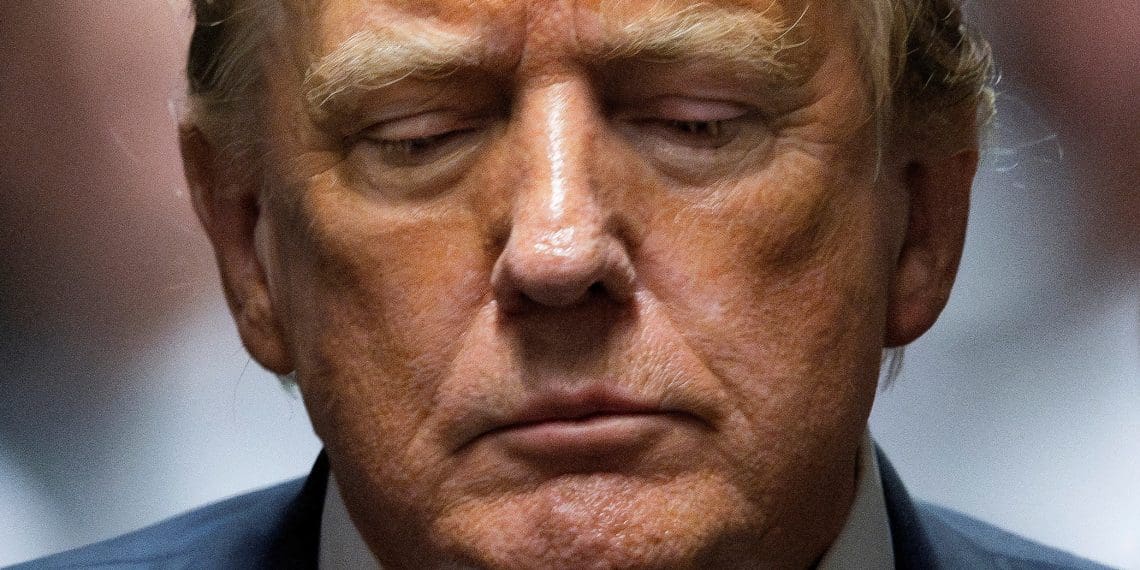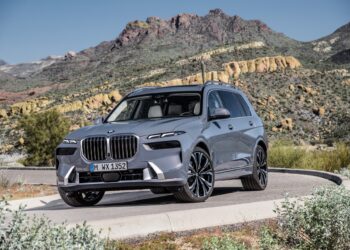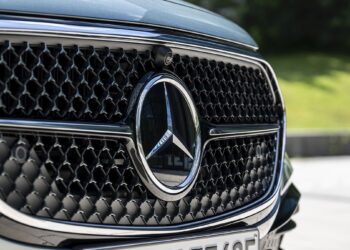In the aftermath of Donald Trump’s shocking election victory, German automakers are preparing for what industry analysts describe as a potential economic storm. Trump’s pledge to put “America First” and implement heavy tariffs on imported vehicles has sent shockwaves through Germany’s prestigious car manufacturers, including BMW, Mercedes-Benz, and Volkswagen. With billions of dollars at stake, and the U.S. being a crucial market for German-made cars, industry leaders are warning that this could be a defining moment – one that could reshape the automotive sector for years to come.
German automakers, long seen as leaders in luxury and engineering excellence, have built significant revenue streams from their U.S. exports. For companies like BMW and Mercedes, the U.S. market represents a lucrative audience for high-end vehicles, while Volkswagen has invested heavily in growing its presence across North America. However, with Trump’s proposed tariffs looming, German brands now face the possibility of a massive price hike for American consumers, which could lead to a dramatic drop in demand.
A Calculated Response from German CEOs
In a bid to mitigate the damage, BMW’s CEO Oliver Zipse has attempted to reassure the market by underscoring the brand’s investment in U.S. manufacturing. BMW’s Spartanburg, South Carolina, plant – the company’s largest globally – produces several models directly in the U.S. for American buyers, a move that Zipse hopes will shield the automaker from the brunt of potential tariffs. “Our commitment to U.S. manufacturing is a strength,” Zipse stated, adding that BMW’s local production aligns with the ‘America First’ agenda. However, experts caution that this may not fully protect the automaker from fallout, as tariffs would still impact models manufactured in Germany and exported to the U.S.
Volkswagen and Mercedes are also exploring strategic adjustments, from ramping up production in existing U.S. facilities to diversifying their supply chains. Yet, these measures may be too little too late if tariffs are swiftly implemented, forcing German automakers into a challenging position where they may have to choose between absorbing costs or passing price increases onto consumers.
Economic Repercussions and Global Industry Concerns
The potential impact of Trump’s policies extends beyond German automakers, with ripple effects likely to be felt across the global auto industry. With higher tariffs, American consumers may face steep price increases on luxury imports, shifting demand to U.S.-made vehicles. This scenario could benefit domestic automakers like Ford and General Motors in the short term, but experts warn that such protectionist policies could disrupt global supply chains, increase production costs, and spark retaliatory tariffs from the European Union.
European carmakers, who collectively employ tens of thousands in the U.S., are also concerned about potential job losses should production shift elsewhere due to tariff-induced financial strain. The European Union has already hinted at possible retaliatory measures if Trump follows through, creating the risk of a transatlantic trade conflict that could shake the broader global economy.
A Defining Test for German Engineering and Adaptability
The looming tariff threat represents a critical test for Germany’s automakers, renowned worldwide for their quality, luxury, and engineering precision. To protect their stake in the U.S. market, these companies may be forced to accelerate investments in electric vehicle (EV) technology and U.S.-based production facilities, aligning with the shifting dynamics of both the American economy and consumer preferences. Industry analysts suggest that German brands may consider bold moves, from rethinking their production footprint to creating specialized models exclusively for U.S. manufacturing.
As Trump’s administration begins to take shape, the automotive world is bracing for what could be a monumental shift. For German automakers, the next months will be crucial, as they prepare to navigate a complex and evolving political landscape. The outcome could reshape the U.S. luxury car market, influence trade relationships, and redefine the global automotive industry, making this a make-or-break moment for Europe’s automotive giants.
With consumers, investors, and global leaders watching closely, the stakes have never been higher for BMW, Mercedes-Benz, and Volkswagen. The battle for the American market is on, and German automakers are steeling themselves for what may be one of the biggest challenges in their history.










